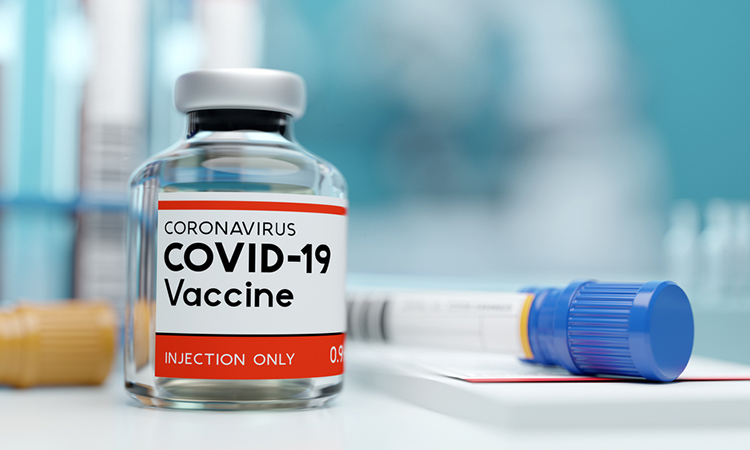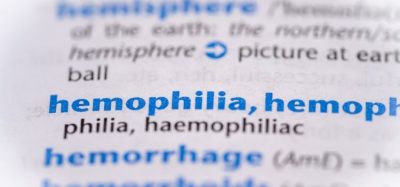Survey finds 64 percent of UK adults would receive COVID-19 vaccine
Posted: 1 December 2020 | Victoria Rees (European Pharmaceutical Review) | No comments yet
A survey of 1,500 adults in the UK showed that most would be happy to receive a COVID-19 vaccine, while nine percent said they would be unlikely to get the vaccine.


Scientists have found that 64 percent of people in the UK would be receptive and likely to receive a COVID-19 vaccine when one became available.
The study, conducted by a team from Keele University and King’s College London, both UK, recorded the findings from an online survey of 1,500 adults in the UK. The results also showed that 27 percent of respondents were unsure if they would have the vaccination and nine percent reported that they were unlikely to be vaccinated.
The researchers analysed associations between intention to be vaccinated when a vaccine becomes available and socio-demographic factors such as age, race, ethnicity, education, previous influenza vaccination, general vaccine attitudes and beliefs, attitudes and beliefs about COVID-19 and attitudes and beliefs about a COVID-19 vaccination.
The team identify several factors associated with likelihood of accepting a coronavirus vaccine. People who had been vaccinated for flu last year were more likely to intend to be vaccinated for coronavirus, as were older people, people with more positive vaccination beliefs and attitudes and people who perceived a greater risk of COVID-19 to others.
Joint first author Dr Sue Sherman, said: “The scale and impact of COVID-19 are such that when a vaccine becomes available, we need to ensure that uptake is maximised in order to contain the mounting social and economic costs associated with the virus. Despite the pandemic nature and severity of COVID-19, high vaccine uptake cannot be assumed for various reasons, including something called the intention-behaviour gap. For instance, uptake of the H1N1 vaccine following the 2009 swine flu pandemic was poor in many countries. The highly contagious nature of COVID-19 means that once a vaccine becomes available, ensuring a good uptake will play an important role in reducing unnecessary deaths. In order to maximise the uptake of the coronavirus vaccine, campaigns to support vaccination programmes overall, including for other routine vaccination programmes such as the annual winter flu programme, will need to be in place.”
The findings from the survey are published in Human Vaccines & Immunotherapeutics.









